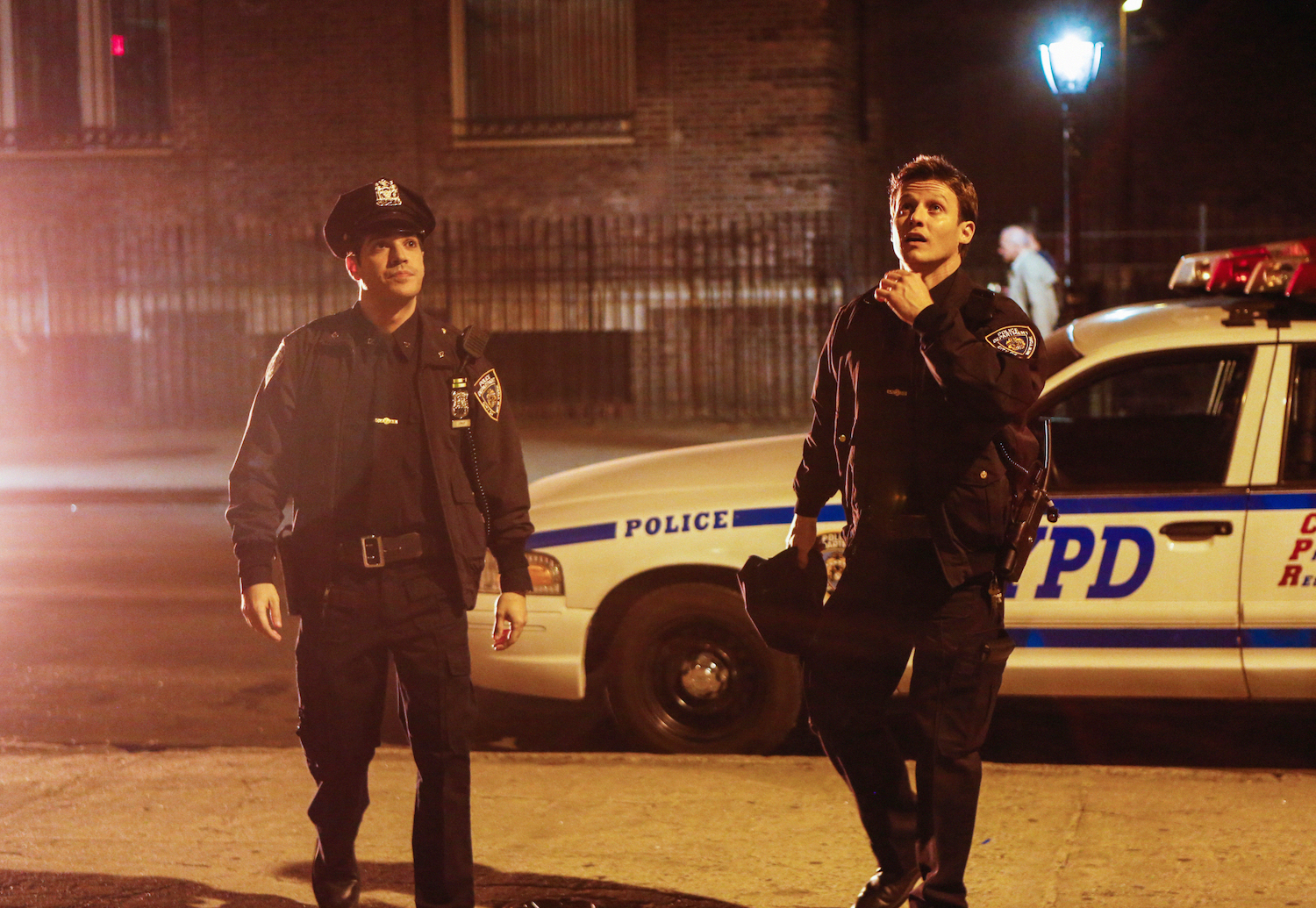‘Chicago P.D.’ and ‘Blue Bloods’ Fans Might See Very Different Stories in the Future
The time has come to examine a lot of the assumptions that have gone unquestioned throughout American culture. As the death of George Floyd at the hands of the Minneapolis police force has rippled across social media, the Black Lives Matter movement has come forward with renewed force and focus. In the process, several businesses have re-examined the way that their branding and messaging aligns with the values of the customers they serve. As the Aunt Jemima syrup brand has removed its mascot and the Dixie Chicks have changed their names, there are plenty of other places where previously unexamined biases are now in sharp focus.
One of these places is in the plot lines and character portrayals of television shows focused on policing. With that in mind, viewers can expect shows like Chicago P.D. and Blue Bloods to look very different in the future.

Police dramas have come under fire
As explained by The Washington Post, “For decades, studies have shown that pop culture’s prevailing depiction of police officers — as earnest heroes whose use of force is almost always justified — has led to warped views of the criminal justice system.” Critical viewers have long called out police dramas for glorifying police officers as unassailable and undoubtedly noble. Viewers are frequently asked, implicitly or explicitly, to see the protagonists as heroes fighting against a dark underbelly that’s stacked against them.
The genre has even been called “copaganda” because of the way that it sends oversimplified messages about what police work looks like. While there certainly are police officers who face dangerous situations, the narrowly-focused plots are likely no longer acceptable to an audience that is focused on eradicating police brutality.
A police show writer speaks out
Aaron Rashaan Thomas co-created the television show S.W.A.T. and spoke out in a Vanity Fair piece about the history of this “copaganda.” As he looks at the long history of policing on television, he explains that “traditionally, the domain of TV police procedurals has been as morality plays, where clear lines are drawn.” Viewers like to see this simple narrative of good and bad because it “often provides a sense of satisfaction for some viewers in an otherwise complicated world.”
Thomas, however, believes that “the idea of telling a universal story is a myth.” There is no need, in his opinion, to stick to a single story of what policing looks like, and he believes that viewers can handle — and many actively want — more complex stories. When it comes to breaking down the overly simplistic myth of “the hero cop” and complicating the stories we tell in pop culture, Thomas believes “[t]here’s a ton of work we still have to do.”
Viewers can expect shows to change
Many people have been calling for the police dramas to be pulled from the air completely, but it’s likely that popular and long-running shows will remain with some changes. Two shows in particular that are being closely examined are Chicago P.D. and Blue Bloods.
Chicago P.D. premiered in 2014 and is part of an overlapping trilogy of shows exploring first responders in the city of Chicago. Blue Bloods, meanwhile, premiered in 2010 and follows a family of police officers and their personal and professional dramas. Both shows face criticism for falling into the “hero cop” narrative, and viewers of both can expect to see them return with revisions and a new focus. Viewers can expect these shows and others like them to do more to address plots involving police brutality and portray their characters with flaws and complexities. Another likely path forward for writers on these shows is to include more Black voices in both the writer’s room and through characters on the screen.


